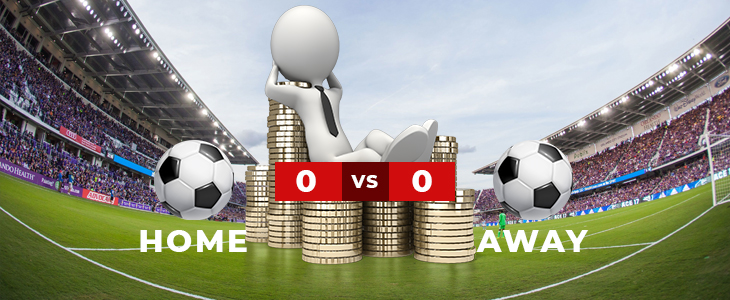The Impact of Home and Away Games on Sports Outcomes

In the world of sports, the venue of a match can significantly influence its outcome. Whether a team is playing at home or away can affect various aspects of the game, from player performance to strategic decisions.
Home Advantage
Familiar Surroundings
Playing at home means athletes are in a familiar environment. They know the field, court, or pitch well, which can enhance their comfort and confidence. This familiarity can lead to better performance as players are accustomed to the nuances of their home venue.
Crowd Support
The presence of home fans can be a powerful motivator. The cheering and support from the crowd can boost the morale of the home team, providing an emotional lift that can translate into improved performance. This phenomenon is often referred to as the “12th man” effect.
Reduced Travel Fatigue
Home teams avoid the physical and mental strain associated with travel. Long journeys, different time zones, and unfamiliar accommodations can take a toll on athletes. Playing at home allows players to maintain their regular routines, contributing to better physical and mental readiness.
Challenges of Away Games
Travel and Fatigue
Away games require teams to travel, sometimes over long distances. This travel can lead to fatigue, jet lag, and disrupted sleep patterns, all of which can negatively impact performance. The physical toll of travel can be particularly challenging for sports that require high levels of endurance and agility.
Unfamiliar Environment
Playing in an unfamiliar venue can be disorienting. Athletes may need time to adjust to the new surroundings, which can affect their focus and performance. Factors like different playing surfaces, lighting, and even weather conditions can pose additional challenges.
Crowd Pressure
Away teams often face hostile crowds that can create an intimidating atmosphere. The noise and energy of the home fans can be distracting and unsettling for visiting players. This pressure can lead to mistakes and affect decision-making during critical moments of the game.
Psychological and Strategic Factors Affecting Home and Away Games
Mental State
The psychological aspect of playing at home or away is significant. Home teams generally feel more confident and less stressed, while away teams may experience anxiety and pressure. The mental state of players can influence their performance, particularly in high-stakes matches.
Refereeing Bias
Some studies suggest that referees may subconsciously favor home teams due to crowd pressure or familiarity with the venue. This bias can impact crucial decisions during the game, such as fouls, penalties, and other calls that can alter the course of the match.
Tactical Adjustments
Teams often adjust their tactics based on whether they are playing at home or away. Home teams may adopt a more aggressive approach, leveraging their familiarity with the venue and crowd support. In contrast, away teams might focus on defensive strategies and counterattacks to mitigate the challenges of playing in an unfamiliar environment.
Conclusion
The impact of home and away games on sports outcomes is multifaceted, involving physical, psychological, and strategic elements. While home advantage is a well-documented phenomenon, its extent can vary across different sports and competitions.
Whether you’re a fan, a player, a coach, or a gambler, recognizing the influence of home and away games can enhance your appreciation of the complexities and nuances of sports and sports betting.